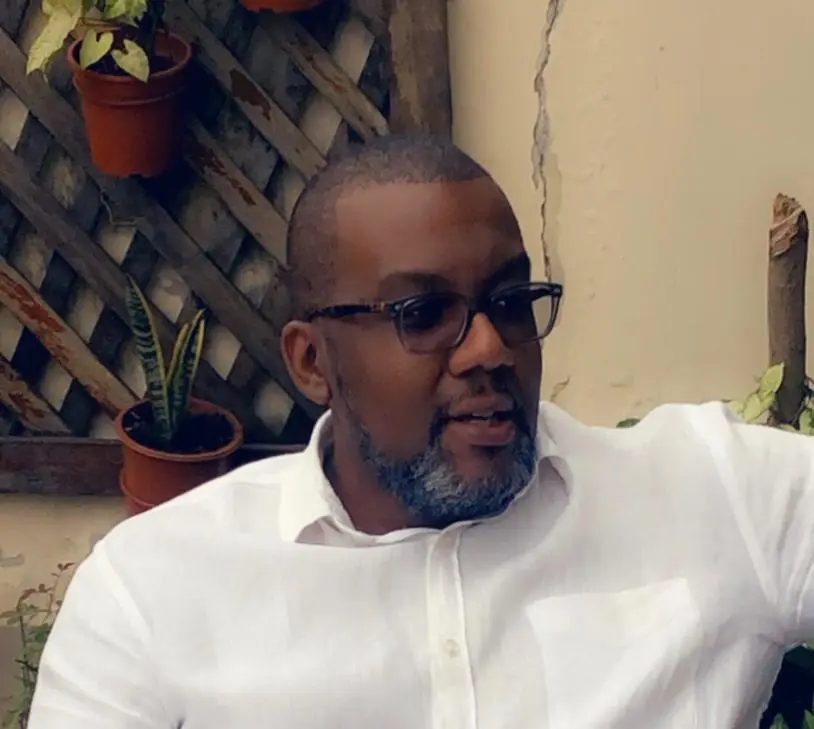The grandson of Mobutu Sese Seko Kuku Ngbendu Wa Za Banga was a Congolese politician and military officer who was the President of the Democratic Republic of the Congo from 1965 to 1971, and later Zaire from 1971 to 1997. He also served as Chairman of the Organisation of African Unity from 1967 to 1968.- now the Democratic Republic of Congo, has been elected governor of Northern Ubangi province.
Malo Ndimba Mobutu won 11 out of the 18 votes cast by regional MPs in Gbadolite, the provincial capital and ancestral home to the Mobutu family.
The 40-year-old replaces Izato Nzege Koloke, who resigned last December following a disagreement with provincial lawmakers.
In 1971 Malo Ndimba Mobutu’s grandfather renamed the country Zaire as part of his “authenticity” campaign—his effort to emphasize the country’s cultural identity. Officially described as “the nation politically organized,” Mobutu’s MPR, the sole political party from 1970 to 1990, may be better seen as a weakly articulated patronage system. Mobutu’s effort to extol the virtues of Zairean “authenticity” did little to lend respectability either to the concept or to the brand of leadership for which it stood. As befit his chiefly image, The Zairean President rule was based on bonds of personal loyalty between himself and his entourage.
The end of the Cold War in the early 1990s. Former supporters on the international scene, such as the United States, France, and Belgium, pressed for democratic reforms; some even openly supported Mobutu’s rivals. In April 1990 Mobutu did decide to lift the ban on opposition parties, but he followed that liberalizing act with the brutal repression of student protests at the University of Lubumbashi in May—resulting in the death of 50 to 150 students, according to Amnesty International. In 1991 France reduced its monetary aid to the country, U.S. diplomats criticized Mobutu before the U.S. Congress, and the World Bank cut ties with Mobutu following his appropriation of $400 million from Gécamines, the state mining corporation.
In October 1996, while Mobutu was abroad for cancer treatment, Kabila and his supporters launched an offensive from bases in the east and subsequently captured Bukavu and Goma, a city on the shore of Lake Kivu. The Former President of Zaire returned to the country in December but failed to stabilize the situation. The rebels continued to advance, and on March 15, 1997, Kisangani fell, followed by Mbuji-Mayi and Lubumbashi in early April. South African-backed negotiations between Mobutu and Kabila in early May quickly failed, and the victorious forces of the AFDL entered the capital on May 17, 1997. By this time, Mobutu had fled. He died in exile a few months later at the age of 66.
